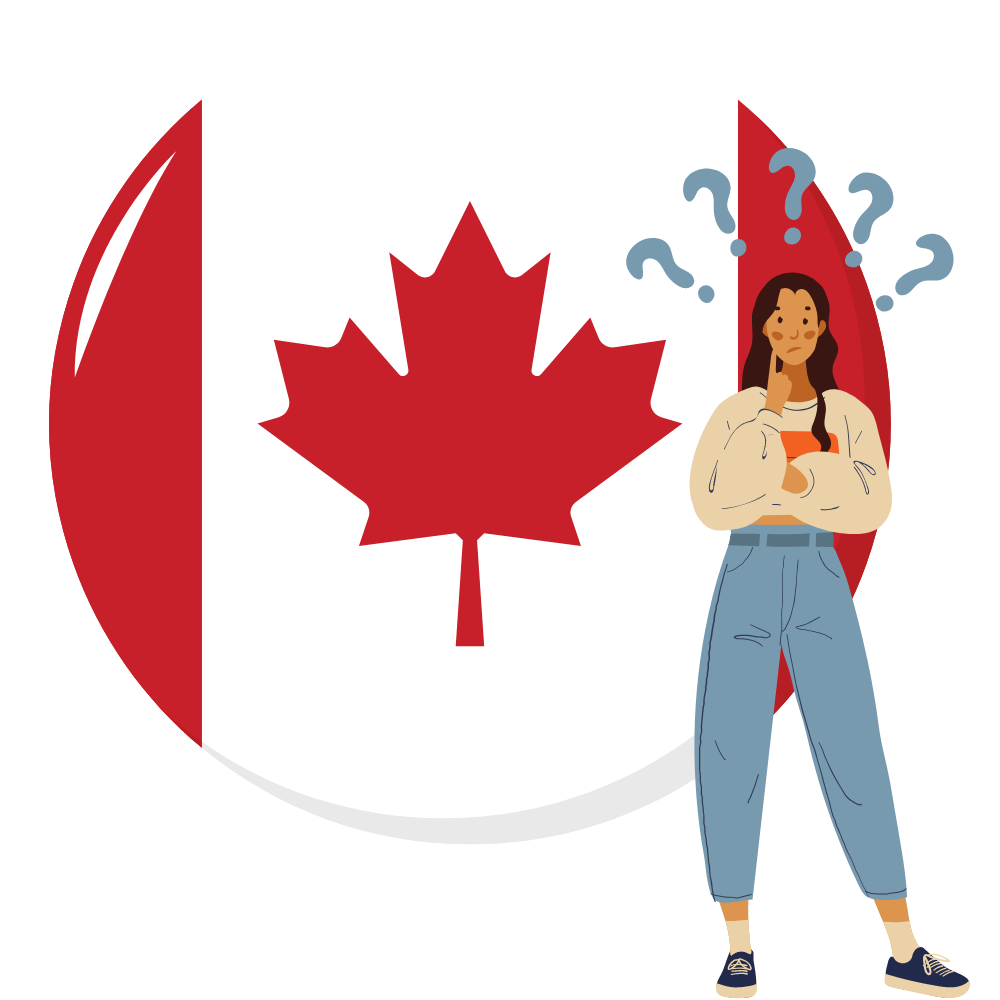Life in Canada:
Guide for Immigrants
Home » Life in Canada: All Immigrants Need to Know This
Reasons why Immigrants Choose to Live in Canada
Canada is known for its welcoming and multicultural society, which values the contributions of immigrants. There are also many economic and social benefits associated with living in Canada. Here are some of the reasons why more and more immigrants are choosing Canada as their new home:
Many Job Opportunities for Immigrants
Job opportunities are one of the main reasons why immigrants choose to come and work in Canada. With a strong economy and a low unemployment rate, Canada offers many opportunities for skilled workers.
In addition, many Canadian employers are willing to sponsor immigrants for permanent residence. This means that immigrants can come to Canada to find a good job and then apply for permanent residence.
Quality and Affordable Education
Education is another important factor that attracts immigrants to Canada. Canada has high-quality educational institutions that offer world-renowned programs. In addition, tuition fees for international students are lower in Canada than in many other developed countries. As a result, many immigrants choose to come to Canada to get a good education.
High Quality of Life
Canada is also known for its high quality of life. With its clean cities, low crime rates, and beautiful natural scenery, it is no wonder that so many people want to live here. In addition, Canadians are known for their warm and friendly demeanor. All of these factors make Canada an attractive destination for immigrants.
Multiculturalism and Openness to Immigrants
Canada is a very multicultural country, which is why it is a popular destination for immigrants. People from all over the world can find a place to fit in here. In addition, the Canadian government has official policies designed to promote multiculturalism. This makes Canada an inclusive and welcoming place for people of all backgrounds.
Opportunities for Growth and Success
Many immigrants come to Canada because of the opportunities it offers for advancement. With its strong economy and growing population, there are plenty of opportunities for people with ambition and drive. In addition, the Canadian government offers various programs designed to help newcomers settle in and succeed.
Safety and Low Crime Rate
Canada has a very low crime rate, making it a safe place for immigrants and native-born Canadians. This low crime rate is due to a number of factors, including strong law enforcement and gun control laws. As a result, immigrants can feel safe in their new homes, knowing they are unlikely to be victims of crime.
Proximity to the United States
For many immigrants, the proximity of Canada to the United States is another major selling point. Not only does this make it easier for immigrants to stay in touch with family and friends back home, but it also makes it easier to travel back and forth between the two countries. This proximity can be especially helpful for those looking for work in the United States but want to live in Canada.
Quick Links:
Welcome to Canada: Explore the Canadian Life
Now that you understand why so many people choose Canada as their new home, it’s time to explore Canadian life. Here are some tips for getting settled into your new country:
Salaries, Money and Finances
Managing your money wisely is important for any immigrant. Consider opening a Canadian bank account and signing up for a direct deposit to make it easier to access your funds. It’s also important to understand Canada’s taxation system to ensure you pay the right amount of taxes.
Housing and Accommodations
Finding a place to live in a new country can be challenging, but not impossible. Make sure to start your search in advance and consider rent prices, location, and amenities when looking for your new home.
Free Healthcare in Canada
Canada has a public healthcare system available to all citizens and permanent residents. Understanding this system’s rules and regulations is important to ensure you get the necessary medical care. Canada Health Act covers the essential medical services that all Canadians should receive.
Frequently Asked Questions about Life in Canada

Canada has two official languages: English and French. Although more than 60.3% of Canadians speak only English, both languages are spoken in certain provinces. However, English is the primary language used in most provinces and territories.
Basic healthcare in Canada is free for all Canadian citizens and permanent residents. However, there may be additional fees for certain services or treatments that the government does not cover. Most provinces have health insurance plans that provide coverage for these services.
Taxes in Canada vary depending on your province or territory and your income type. Generally, taxes for individuals are progressive, so those who earn higher incomes pay more taxes than those who earn lower incomes.
This varies significantly depending on the size and location of your family. On average, a single person would need about CAD 2,771 per month for living expenses and CAD 5,230 for a family of four. It is important to research the cost of living in your region before making any decisions.
Food and housing costs in Canada can vary significantly depending on the region. In larger cities, such as Toronto or Vancouver, prices may be higher compared to smaller towns.
However, there are many ways to find affordable housing options, including using rental search engines or looking into government housing programs.
Canadian permanent residents may qualify for various government benefits, such as health care coverage, child tax credits, and old age security payments. However, eligibility requirements may vary depending on your province or territory.
In total, there are 10 Canadian provinces and 3 territories.
The provinces include British Columbia, Alberta, New Brunswick, Manitoba, Ontario, Newfoundland and Labrador, Nova Scotia, Quebec, Saskatchewan, and Prince Edward Island.
The three territories are Yukon Territory, Nunavut, and Northwest Territories.

